Unconventional Communications and Computing Laboratory
Carbon neutral, batteryless and beyond-silicon communications and computing technologies applied to bioengineering, precise medicine, and pharmacology.
Bringing the bio in biocybernetics, we are a team driven by interdisciplinary research topics and increasingly industry interest (e.g. Neuralink, Meta and Microsoft) in novel technology that unites biological engineering and carbon neutral communication and computing platforms. The Essex’s Unconventional Communications and Computing Laboratory (UC2 Lab) bring together researchers developing new technology that pushes communications and computing to environmentally friendly status, i.e batteryless and beyond-silicon. We explore both in-silico and in-vitro methods for deciphering how biological organisms can be controlled to provide new opportunities for either new range of implantable devices, as well as for stem-cell or electroceuticals, for precise medicine. AI and computational approaches are among the cornerstone of our solutions, as well as the exciting new area of molecular (bio)communications.
Our interdisciplinary team contain academics from computer science, electronic engineering, bioinformatics and biologists with a proven international profile with world-wide research impact. UC2 also welcomes UG and PGT students interested in developing novel and exciting unconventional technology.
Related courses
Our Research
The UC2 Lab interdisciplinary research efforts uses in-silico and in-vitro methods aided by AI and computational tools with focus on novel bioengineering and biotechnology.
We are effortlessly contributing to research areas such as molecular communications, synthetic biology, DNA/biological data storage, biocomputing, 3D cell culturing, organ on a chip, ultrasound biological interfaces, and AI aided biology and biotechnology.
Our most recent work shows how biological computing can be delivered using living systems and AI, we also have built hybrid biological and silicon interfaces with biosensing capabilities, and have pushed the application of our biological computing towards viable biomedical solutions.
Our research team has been funded through various UK and European research programmes through a wide variety of projects.
Infrastructure
- NCL’s computing cluster facilities
- CSEE’s state-of-the-art cleanroom
- 3D bioprinting based on GRAPES1 by CopnerBioTech
- 3D printers for medical devices and microfluidics
Our academics
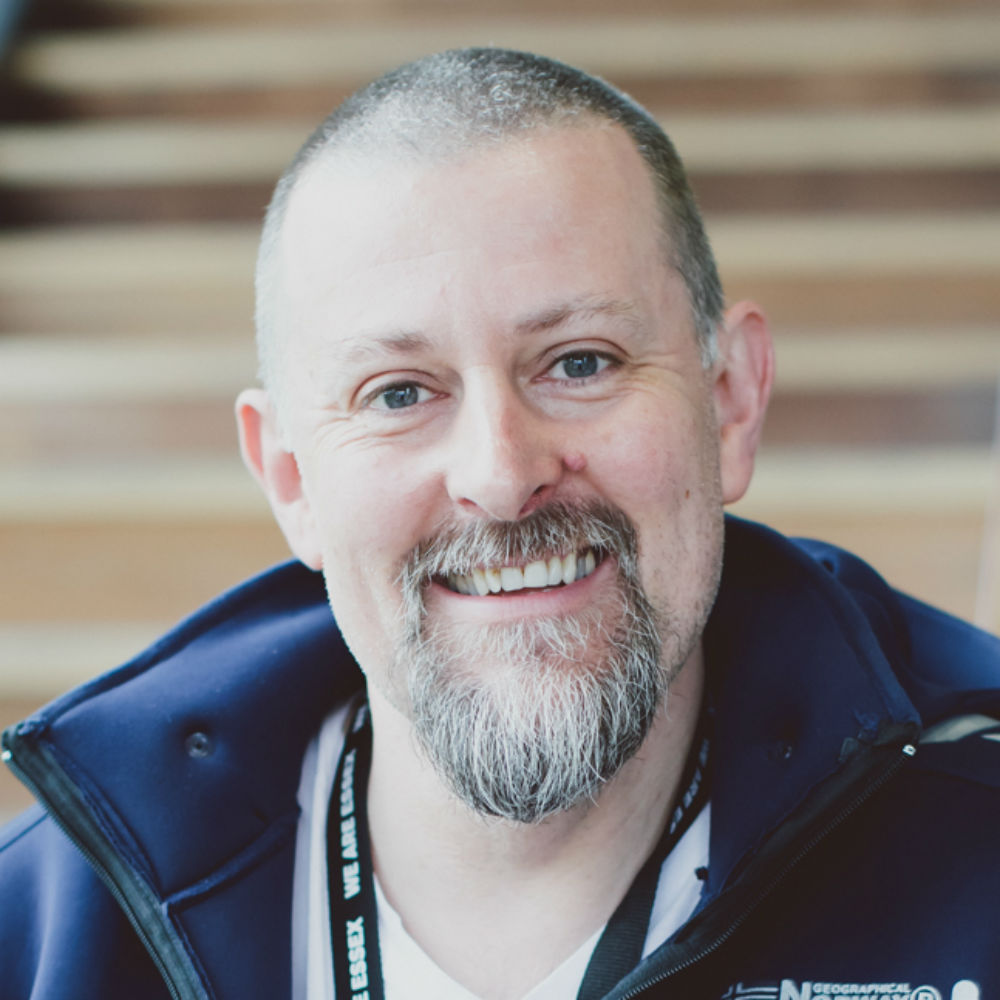
Lab member
School of Computer Science and Electronic Engineering, University of Essex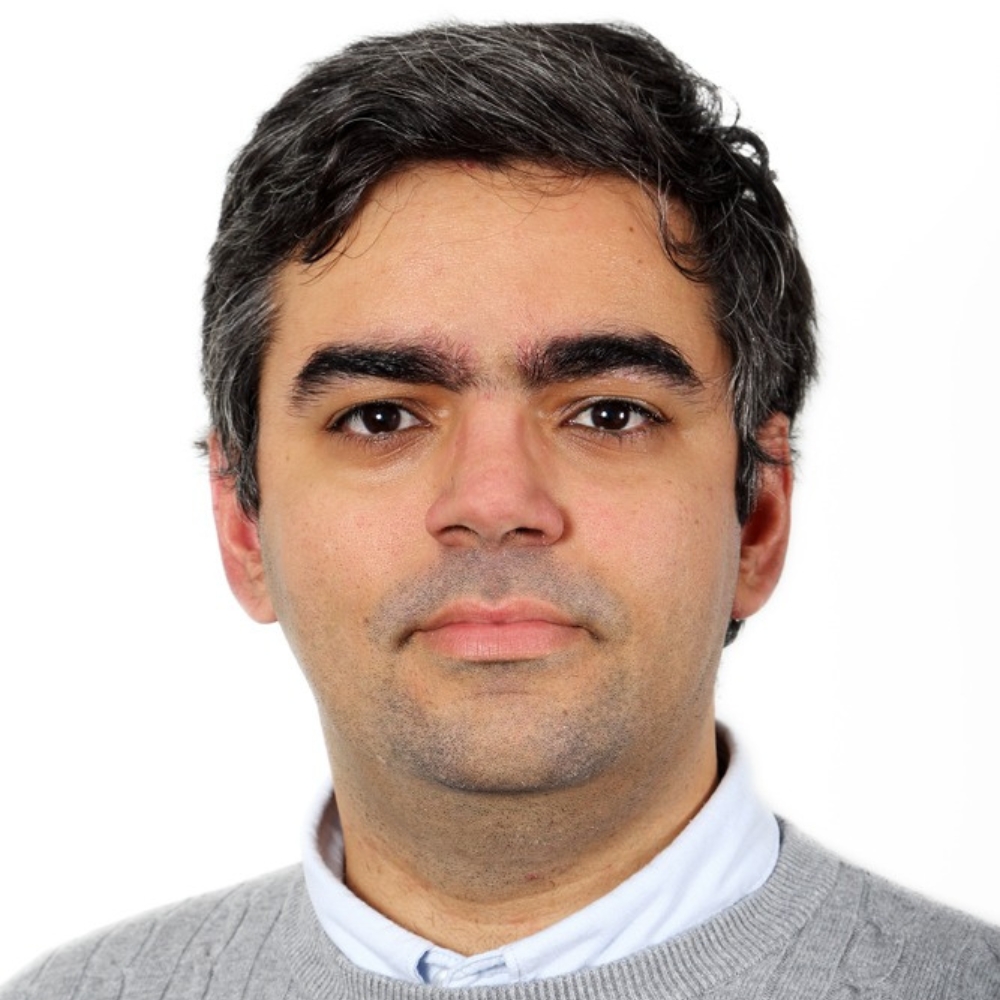
Lab member
School of Computer Science and Electronic Engineering, University of Essex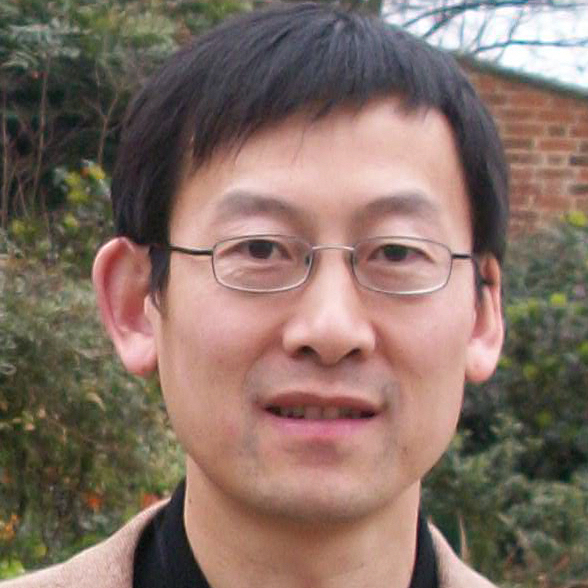
Lab member
School of Computer Science and Electronic Engineering, University of Essex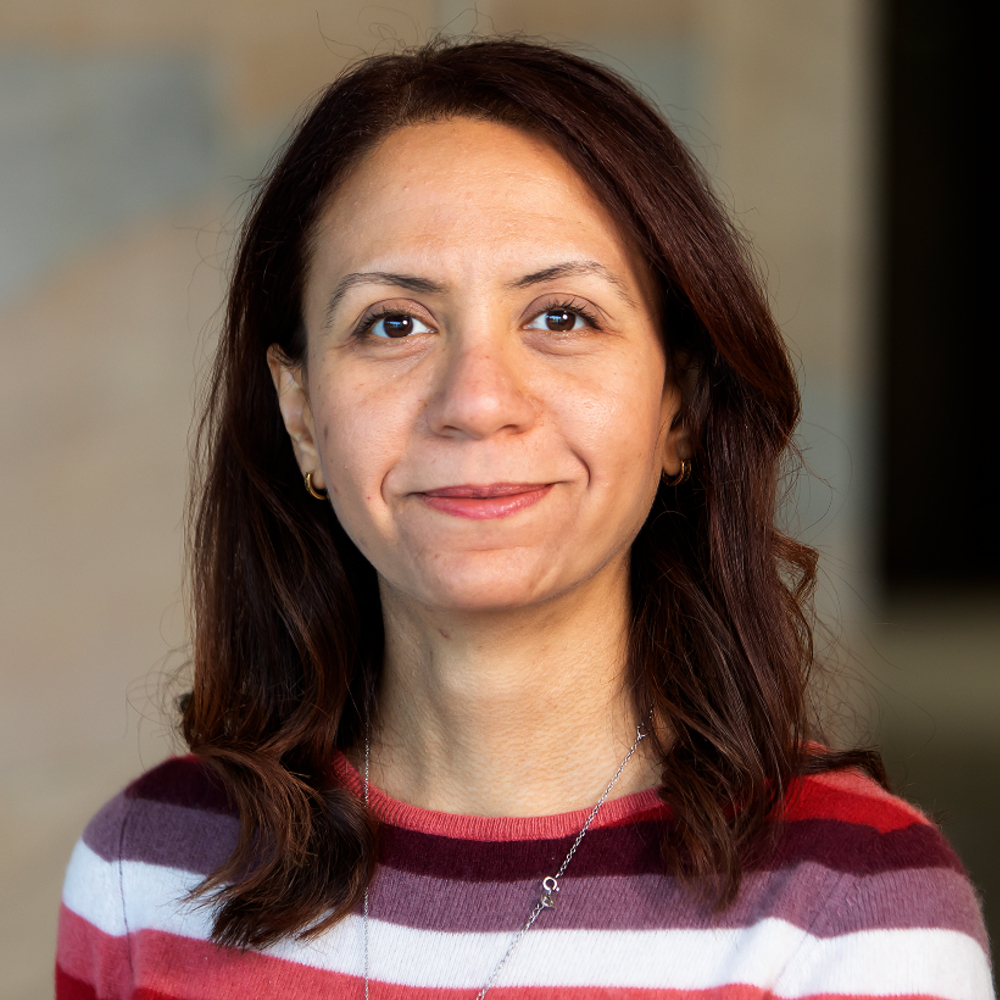
Lab member
School of Computer Science and Electronic Engineering, University of Essex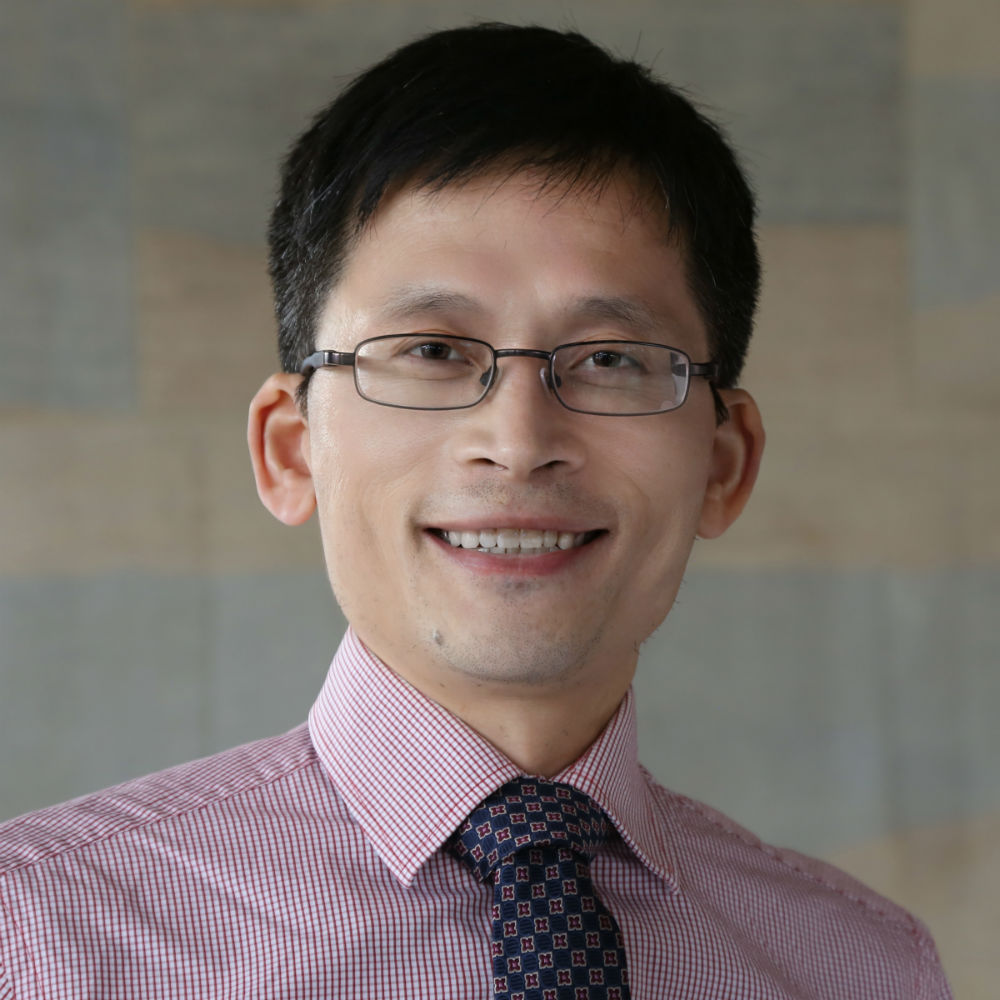
Lab member
School of Computer Science and Electronic Engineering, University of Essex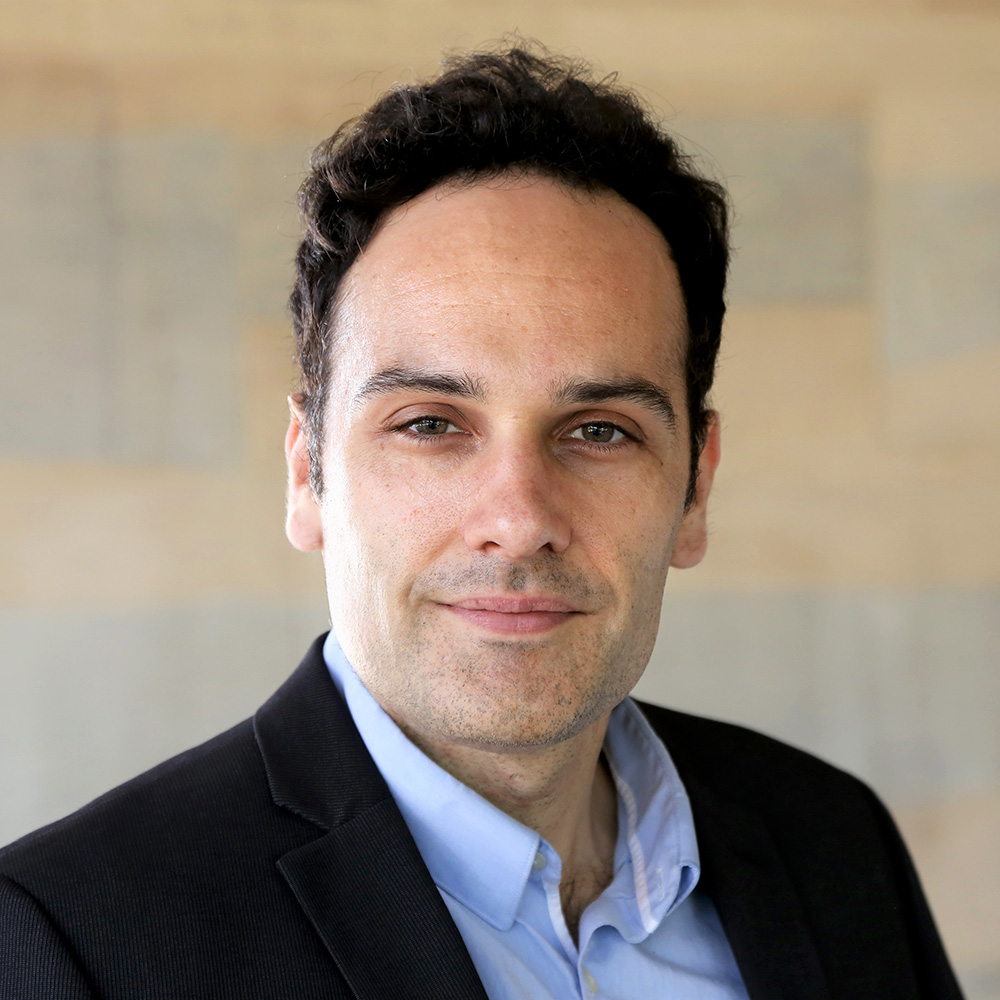
Lab member
School of Computer Science and Electronic Engineering, University of Essex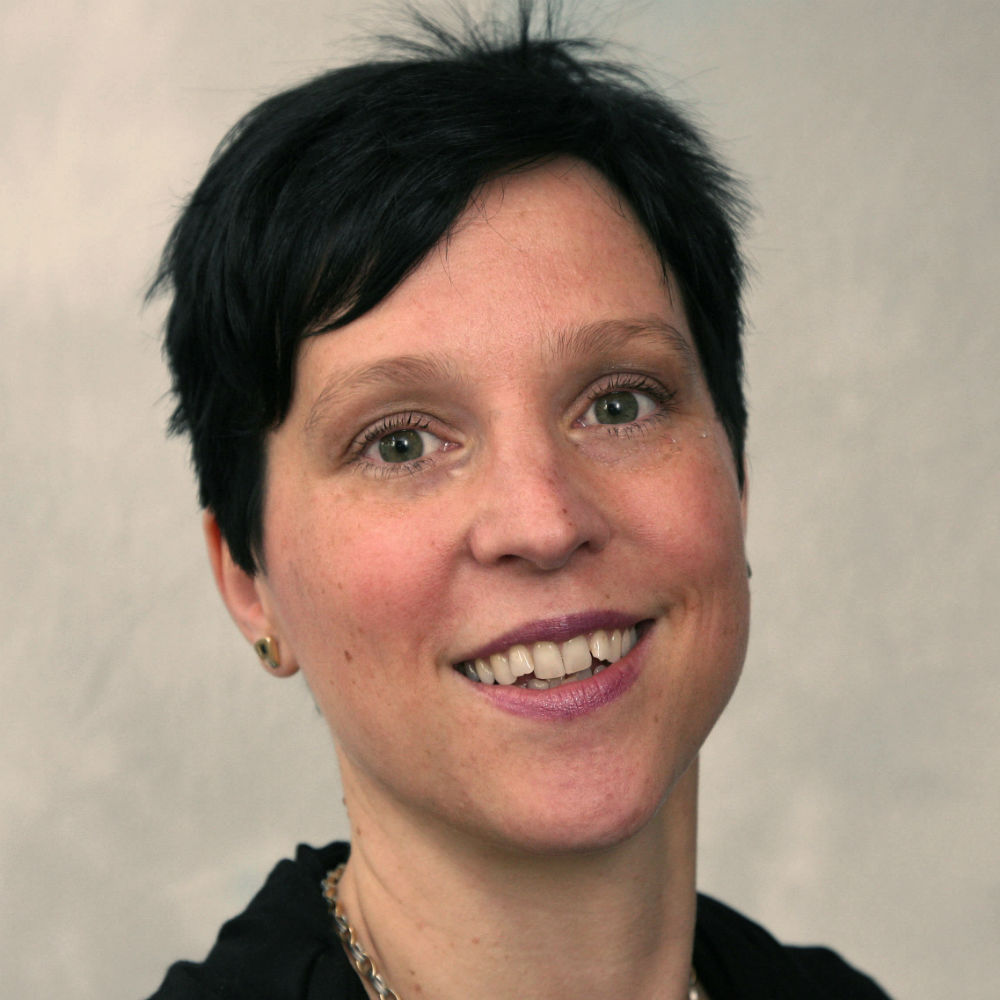
Lab member
School of Life Sciences, University of Essex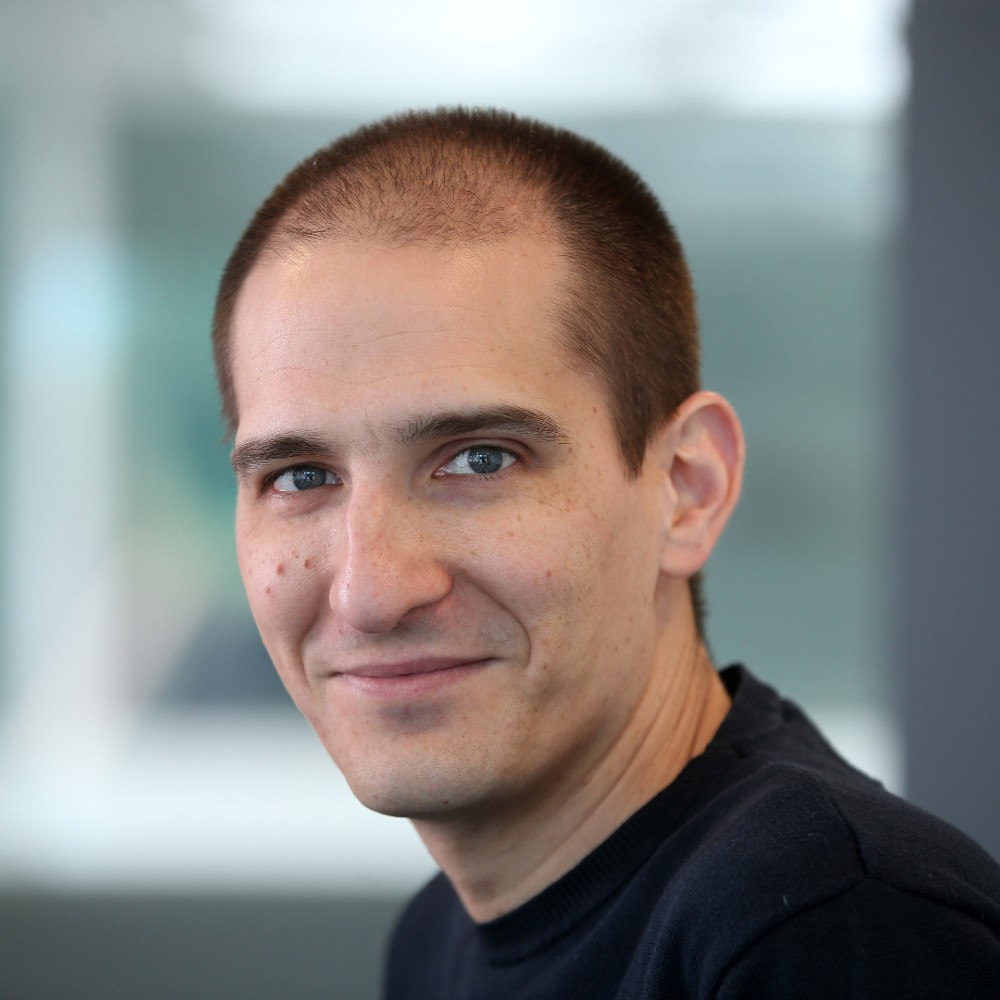
Lab member
School of Life Sciences, University of Essex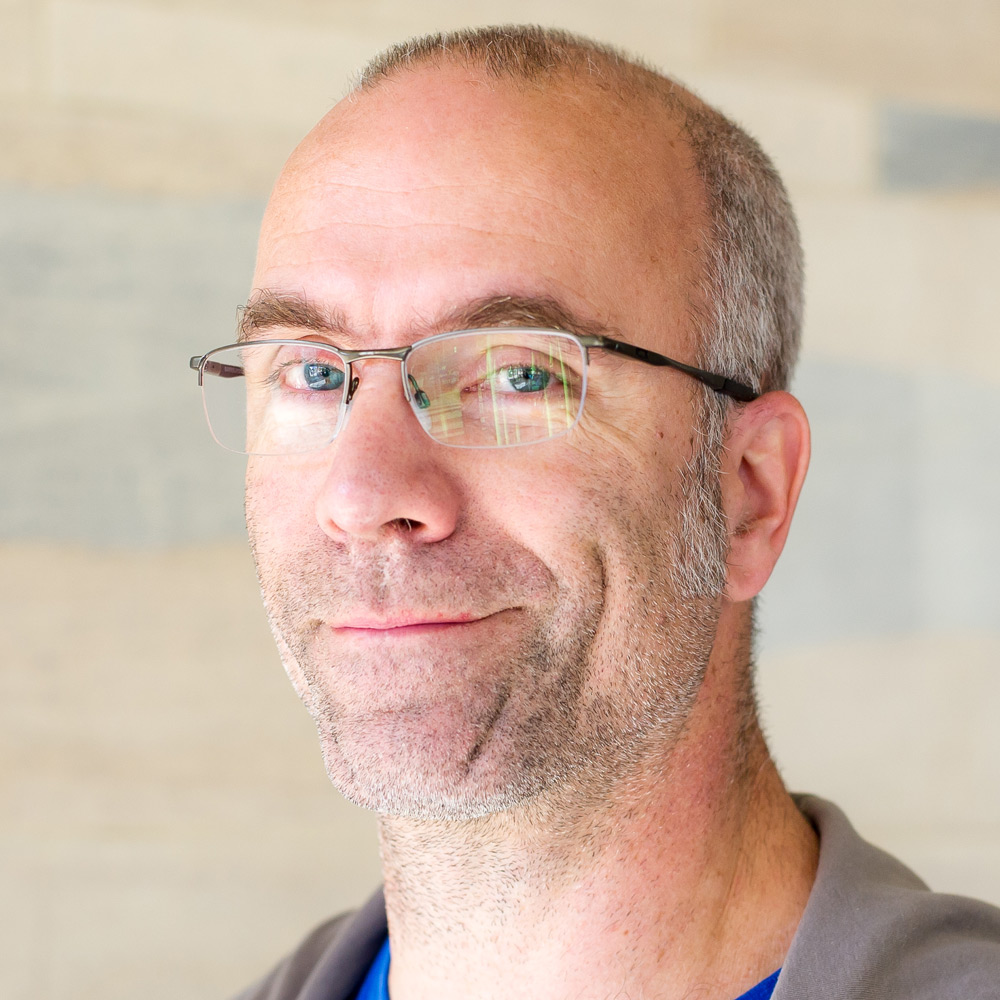
Lab member
School of Life Sciences, University of Essex





